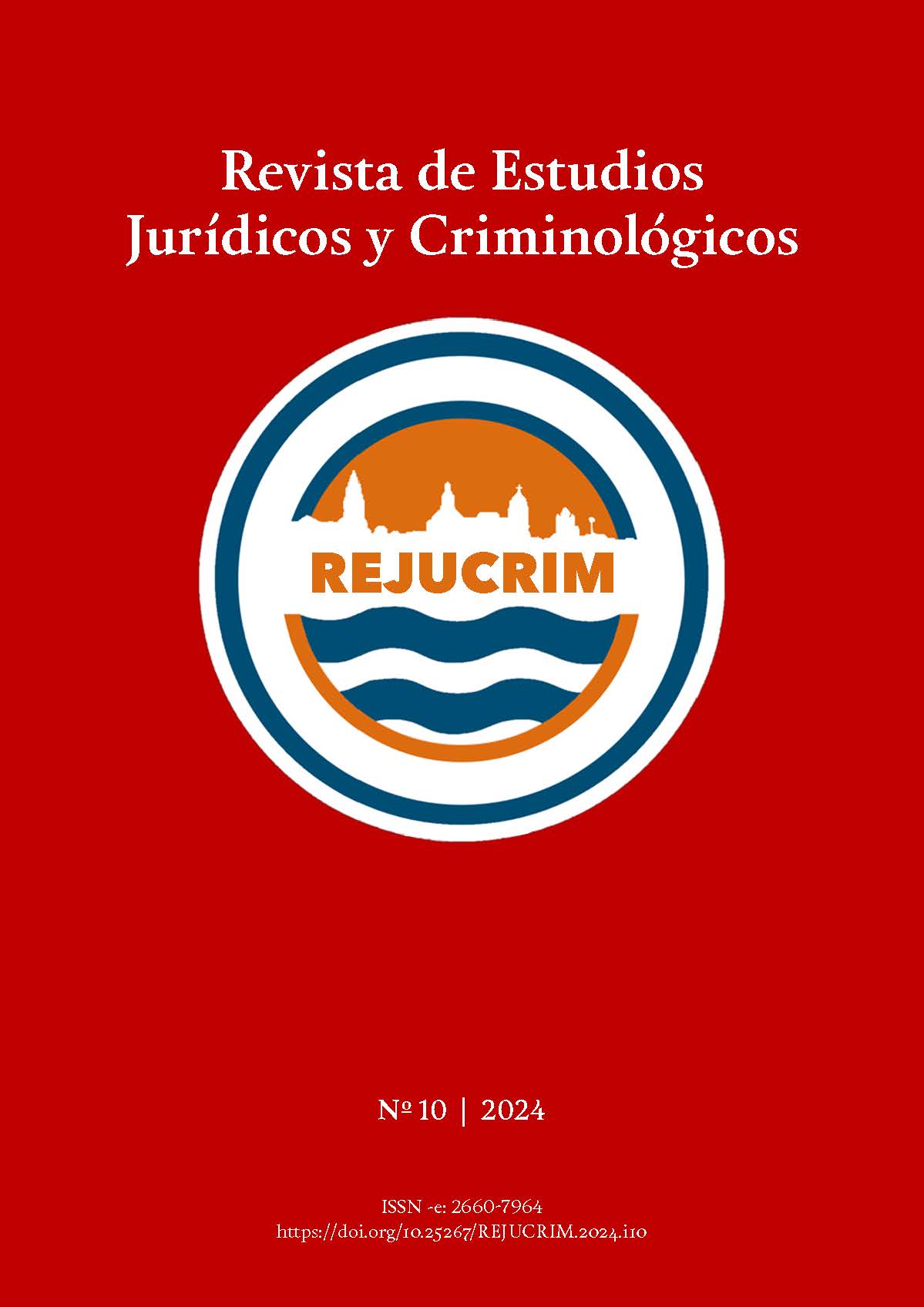The preparatory work of UNCITRAL for the development of a Convention on Negotiable Cargo Documents
Abstract
The bill of lading is, so far, the only transport document endowed with representative
effectiveness. The lack of transfer effectiveness in other documents traditionally
issued for transport operations hinders the commercialization possibilities of goods in transit
and limits financing opportunities for such operations. Recognizing a demand among
transport operators to grant these documents the same prerogatives as the classic maritime
transport document, in 2022 the United Nations Commission on International Trade Law
entrusted Working Group VI with the task of developing a new international instrument
for negotiable cargo documents. This study analyzes the fundamental aspects of the regime
that the future Convention provides for the new representative title created, and addresses
some of the most challenging issues that may arise regarding the potential coexistence of
current instruments in international transport and UNCITRAL's new text, despite the
intended non-interference asserted by the proposed Convention.
Keywords
Downloads
How to Cite
License
Copyright (c) 2024 María de la Paz Martín Castro

This work is licensed under a Creative Commons Attribution-NonCommercial-NoDerivatives 4.0 International License.
References
CALVO CARAVACA, A. L., “Ámbito de aplicación y disposiciones generales”, en AA.VV., La Compraventa Internacional de Mercancías. Comentario de la Convención de Viena, coord. Díez Picazo, L., Navarra, 1997, págs. 92 y ss. DE WIT. R., Multimodal Transport. Carrier liability and documentation, Londres, 1995.
DÍAZ MORENO, A., “El transporte multimodal: obligaciones, derechos y responsabilidad”, en AA.VV., El transporte terrestre nacional e internacional, Cuadernos de Derecho judicial, Madrid, 1997, Madrid, 1997, págs. 47 y ss.
DÍAZ MORENO, A., “El Régimen jurídico del Documento de Transporte Multimodal en el Convenio de Ginebra de 1980”, en AA.VV., Derecho uniforme del transporte internacional. Cuestiones de actualidad, coord. MADRID PARRA, Madrid, 1998, págs. 123 y ss.
EMPARANZA SOBEJANO, A., “Ámbito de aplicación de las Reglas Uniformes reguladoras del transporte internacional de mercancías por ferrocarril”, en AA.VV., El contrato de transporte internacional de mercancías por ferrocarril, Thomson-Civitas, Pamplona, 2008, págs. 30 y ss.
GEVA, B., “The negotiable transport document”, accesible a través de https://digitalcommons. osgoode.yorku.ca/all_papers/338/.
SCHMITTHOFF, C., The Export Trade, 8ª ed., Londres, 2022.
MARTÍN CASTRO, M. P., El transporte multimodal: concepto y sujetos, Cádiz, 2001.
MARTÍN CASTRO, M. P., “Transporte multimodal: del Convenio de Ginebra de 1980 a las Reglas de Rotterdam”, Anuario de Derecho Marítimo, núm. 32, 2015, págs. 169 a 220.
PENDÓN, M. A., Los títulos representativos de la mercancía, Marcial Pons, Madrid, 1994.
PENDÓN, M. A., “La carta de porte y la representación de las mercancías transportadas”, en AA.VV., El transporte terrestre nacional e internacional, Cuadernos de Derecho judicial, Madrid, 1997, págs. 213 y ss.
PENDÓN, M. A., La compraventa C.I.F, Civitas, Pamplona, 2011.
PENDÓN, M. A., “Régimen de los títulos de tradición en la propuesta de Código mercantil. Notas para su revisión a la luz del Derecho uniforme”, AA.VV., Estudios jurídicos en Homenaje al profesor Ángel Rojo, en prensa.
RECALDE, A., El conocimiento de embarque y otros documentos de transporte. Función representativa, Civitas, Madrid, 1992.
RECALDE, A., “El ‘derecho de disposición’ en el transporte internacional de mercancías por carretera”, RDM núm. 261, 2006, págs. 945 a 994.
RECALDE, A., “El contrato de transporte internacional de mercancías por ferrocarril: concepto, naturaleza y caracteres. La documentación del contrato”, en AA.VV., El contrato de transporte internacional de mercancías por ferrocarril, Thomson-Civitas, Pamplona, 2008, págs. 45 y ss.







